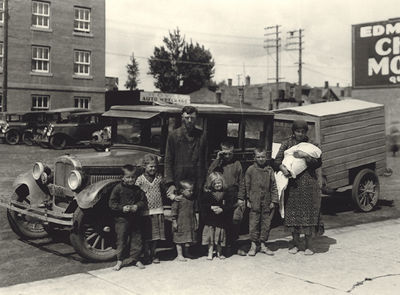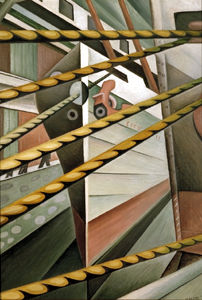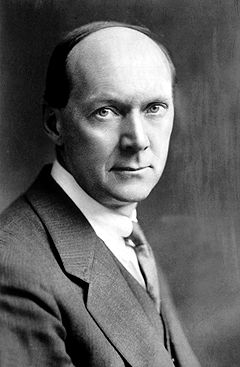Francis Reginald (Frank) Scott, poet, professor of constitutional law, socialist (born 1 August 1899 in Quebec City, QC; died 30 January 1985 in Montreal, QC). Scott was an influential figure in the socialist movement in Canada. He was a founding member of the League for Social Reconstruction and the Co-operative Commonwealth Federation, helping to write the Regina Manifesto (1933). Scott also received two Governor General’s Literary Awards: Essays on the Constitution won the award for nonfiction (1977) and Collected Poems the award for poetry (1981).
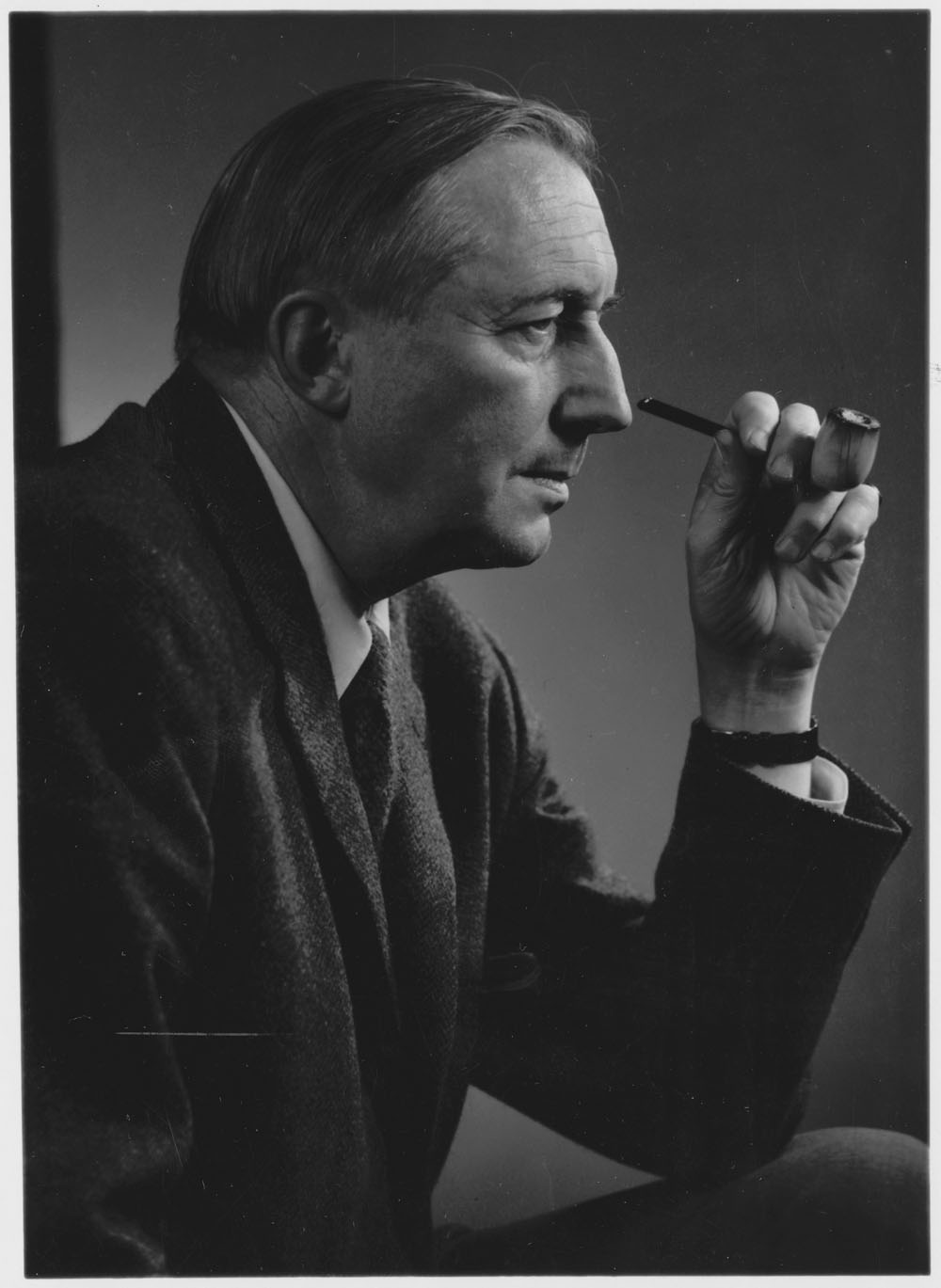
As a man of letters and social commitment, Scott profoundly influenced the evolution of modern Canada's artistic and political culture. He was the sixth of seven children of Amy and Canon Frederick George Scott, an Anglican priest, minor poet and staunch advocate of the civilizing tradition of imperial Britain, who instilled in his son a commitment to serve mankind, a love for the regenerative balance of the Laurentian landscape and a firm respect for the social order. His mother's quiet presence figures in various of his poems.
Scott passed a peaceful childhood and adolescence in Quebec, his pastoral upbringing disturbed only slightly by the First World War, though the war claimed the life of an older brother and took Canon Scott to Europe as pastor to the Canadian troops. Scott was first exposed to social disorder through the conscription riots in Quebec. The carnage and social upheaval brought by the war did not affect him until the mid-1920s when he began reading modern poetry.

After graduating from Quebec High School and Bishop's College (1919), Scott went as a Rhodes scholar to Magdalen College, Oxford. As a member of the Student Christian Movement, he began to explore socialist theory through the works of English economic historian and socialist R.H. Tawney.
Scott returned to Canada in 1923, largely ignorant of his own country. Montreal seemed to him singularly ugly, bereft of the ancient beauty of Europe. Scott settled down to teach at Lower Canada College and to write poetry. In 1924, he enrolled in the McGill law faculty, where H.A. Smith was to spark his interest in constitutional law.
In 1924–25, as a contributor to the McGill Daily Literary Supplement, he met the poet/critic A.J.M. Smith, who became a lifelong friend; they founded the McGill Fortnightly Review in 1925. Under Smith's influence, Scott began to introduce to his poetry a more contemporary diction, leading eventually to poetic portraits of the austere Laurentian landscape — an inspiration comparable to the antiquity of Europe. His progress into such landscapes matched his intellectual movement away from a self-regarding universe and towards the social environment.
In 1927–28, he undertook a year's legal practice, joined McGill's law faculty as a professor, and married Montreal painter Marian Dale Scott. He also continued to participate in "The Group," an informal, socially aware discussion group composed of Oxford graduates. By the end of the 1920s, as illustrated by The Canadian Mercury, which he helped to found, Scott was chastising his fellow Canadians for genuflecting to the cultural values of imperial Britain.
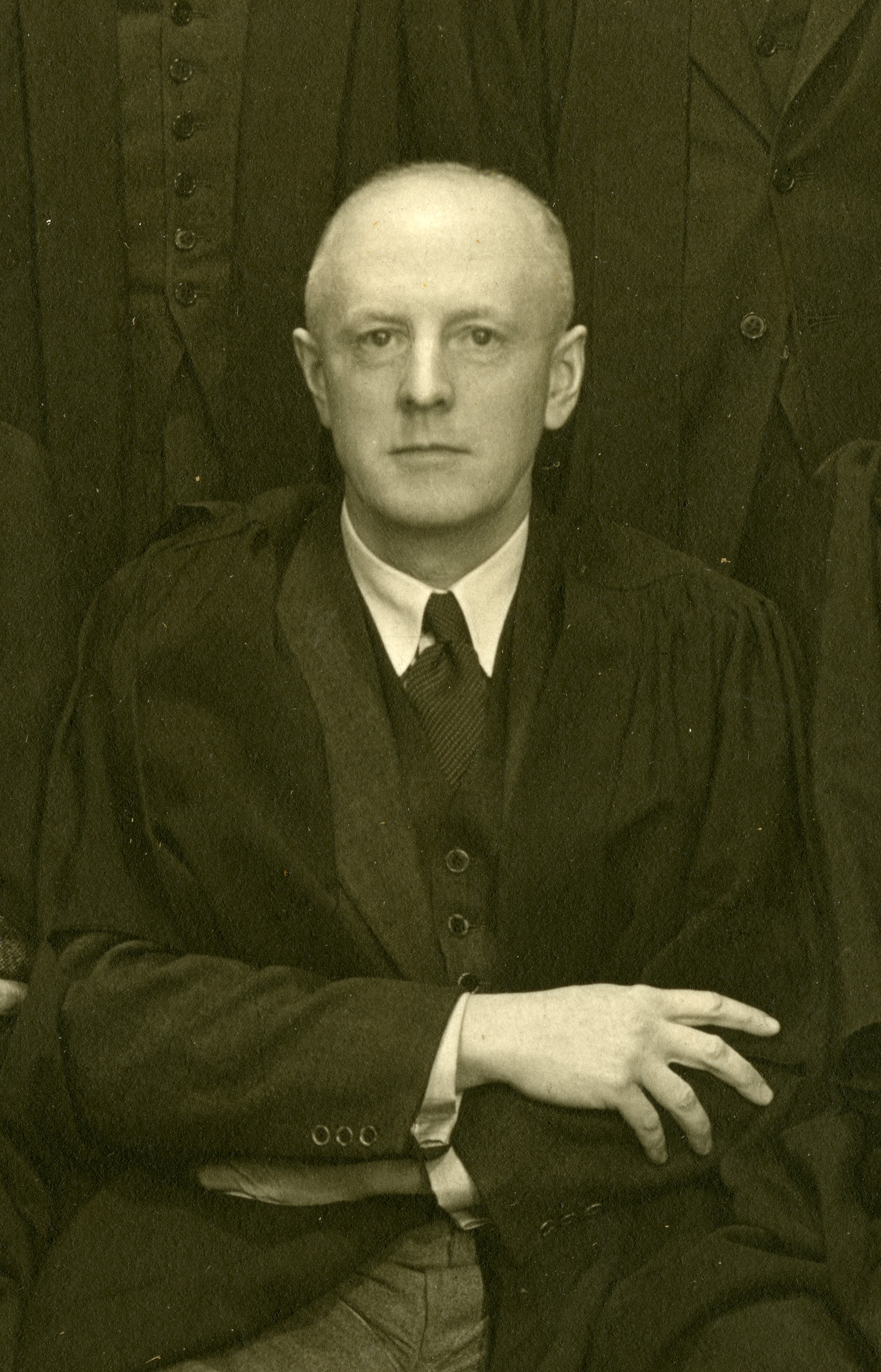
The onset of the Depression led Scott to probe the economic causes of the ugliness and social deprivation that surrounded him. Inspired by J.S. Woodsworth, Scott and historian Frank Underhill founded the League for Social Reconstruction (LSR) in 1931–32, a socialist study group which drafted national economic and social policies to combat the misery caused by the Depression, and which became the brain trust for the new Co-operative Commonwealth Federation. Scott helped to frame the now-famous Regina Manifesto of the CCF and to write Social Planning for Canada (1935). Over the years he was a stalwart of the CCF, both nationally and in Quebec.

The goal of the LSR and CCF to create a more egalitarian society shaped the satiric poetry and the constitutional and socialist essays that Scott published during the Depression, often in the Canadian Forum, of which he was an editor. During the late 1930s he was consumed by such issues as the Spanish Civil War, and his campaign for Canadian neutrality in the face of the threatening war earned him much criticism.
The Second World War, which seemed to prove that collective man could not peacefully resolve problems, profoundly disturbed Scott. In his poems of the period, he swings from deep anxiety to a reawakened faith in mankind. He finally convinced himself that collective man could prosper in the postwar era. In such magazines as Preview and Northern Review, in the philanthropic Canada Foundation, and in artists' organizations, Scott urged artists to cultivate a socially critical intelligence and to abandon narrow regional and artistic perspectives in favour of a democratic national culture.
As national chairman of the CCF (1942–50), his renewed interest in socialism brought him into conflict with McGill authorities, who refused to appoint him dean of the law faculty.
In 1950–51, Scott cofounded Recherches sociales, a study group concerned with the relationship between English and French Canada. He also became an active translator of French Canadian poets such as Anne Hébert and Saint-Denys Garneau. In 1952, he went to Burma as a UN technical assistant to help build a co-operative, socialist state. In the mid-1950s, he successfully completed two landmark legal cases before the Supreme Court, the Padlock Act and Roncarelli v Duplessis, in which he battled autocratic Quebec Premier Maurice Duplessis. Scott's poetry of the 1950s shows a singularly critical eye turned to his national society and to man in general.
In 1962, with the CCF having transformed itself into the New Democratic Party, a process in which Scott participated actively, he retired from partisan politics. McGill appointed him dean of law (1961–64) and he began to devote increasing attention to the survival of Canadian Confederation. He was a member of the Royal Commission on Bilingualism and Biculturalism and an ardent defender of the civil order of Confederation, supporting the invocation of the War Measures Act in 1970.
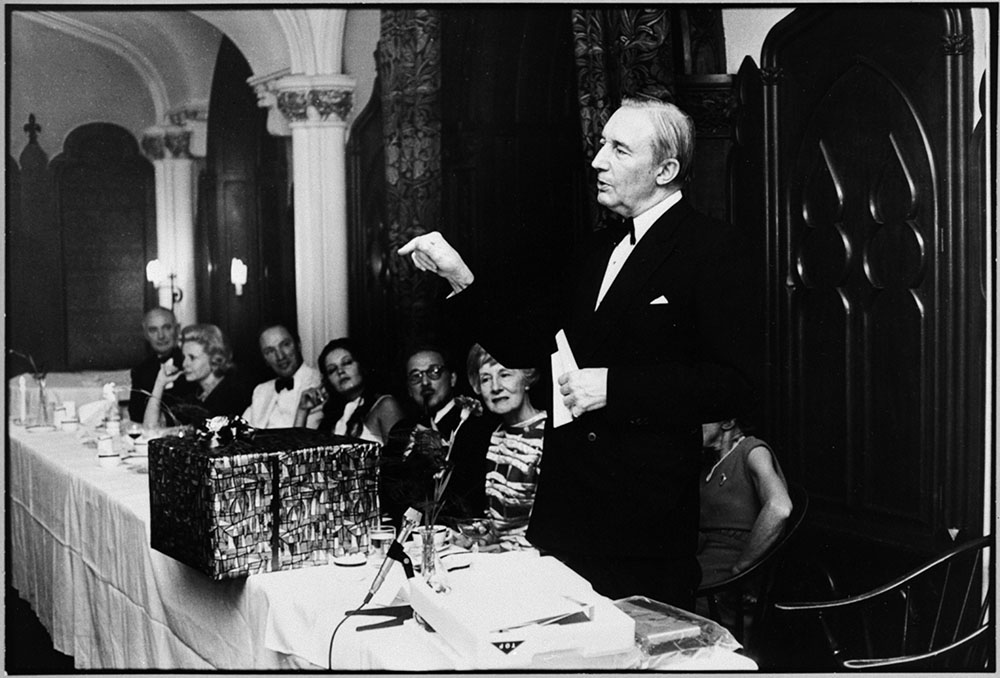
In later years Scott produced a retrospective series of largely summary volumes, including Poems of French Canada (1977), which won the Canada Council's translation prize; Essays on the Constitution (1977), which won the Governor General's Literary Award for nonfiction; and Collected Poems (1981), which won the Governor General's Award for poetry.
Scott worked to help develop Canada into an international model of co-operation. His social vision sought to realize the best of both the individual and the community, though his loyalty to the social whole might limit the freedom to be enjoyed by the individual. His political commitments and his poetry illustrated the continuing tension between the needs of the individual and those of the potentially homogeneous society.

 Share on Facebook
Share on Facebook Share on X
Share on X Share by Email
Share by Email Share on Google Classroom
Share on Google Classroom
